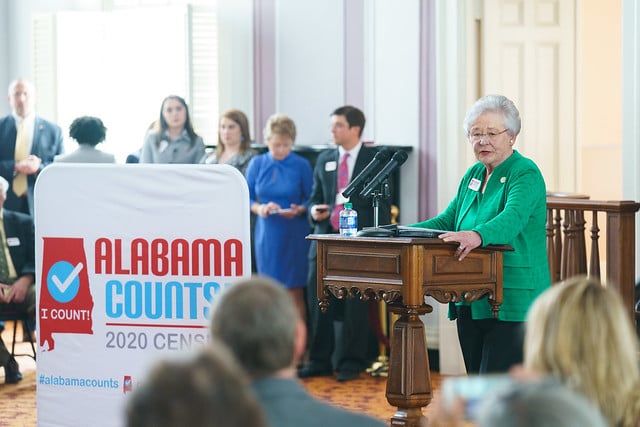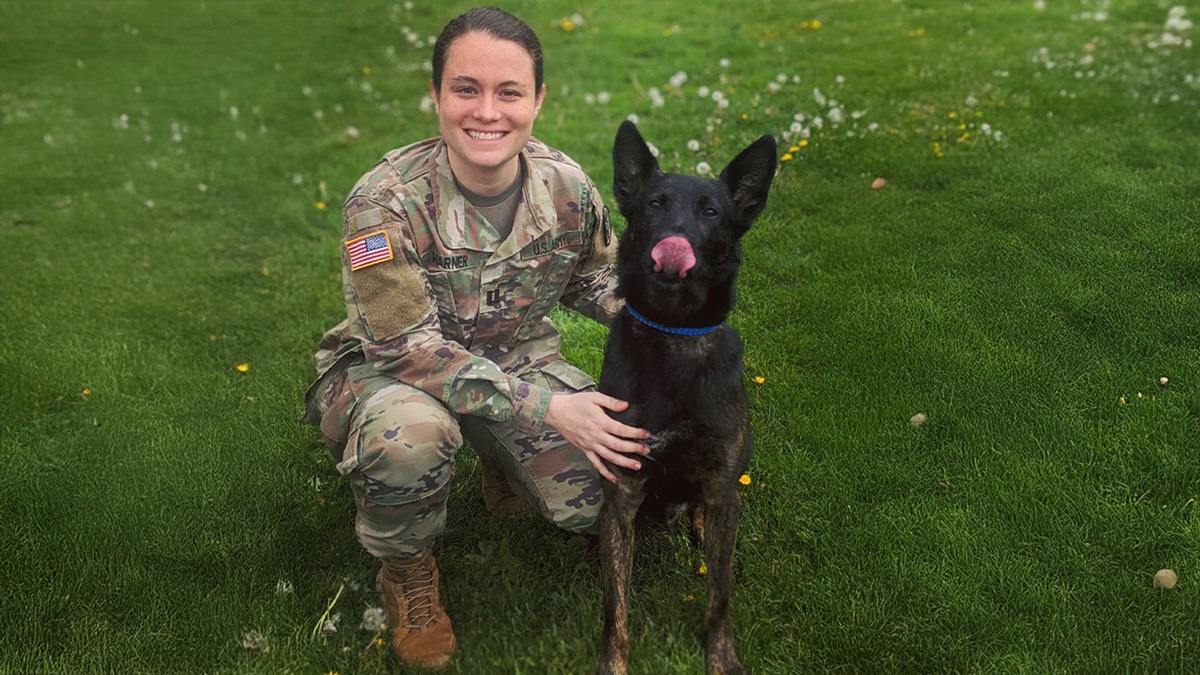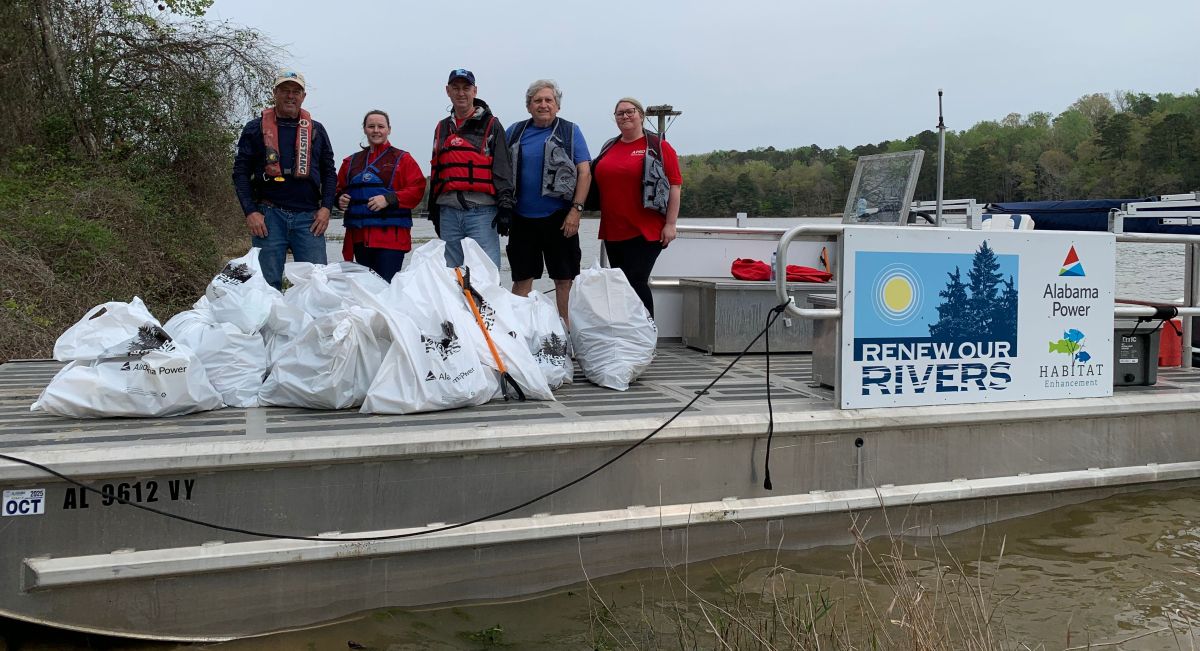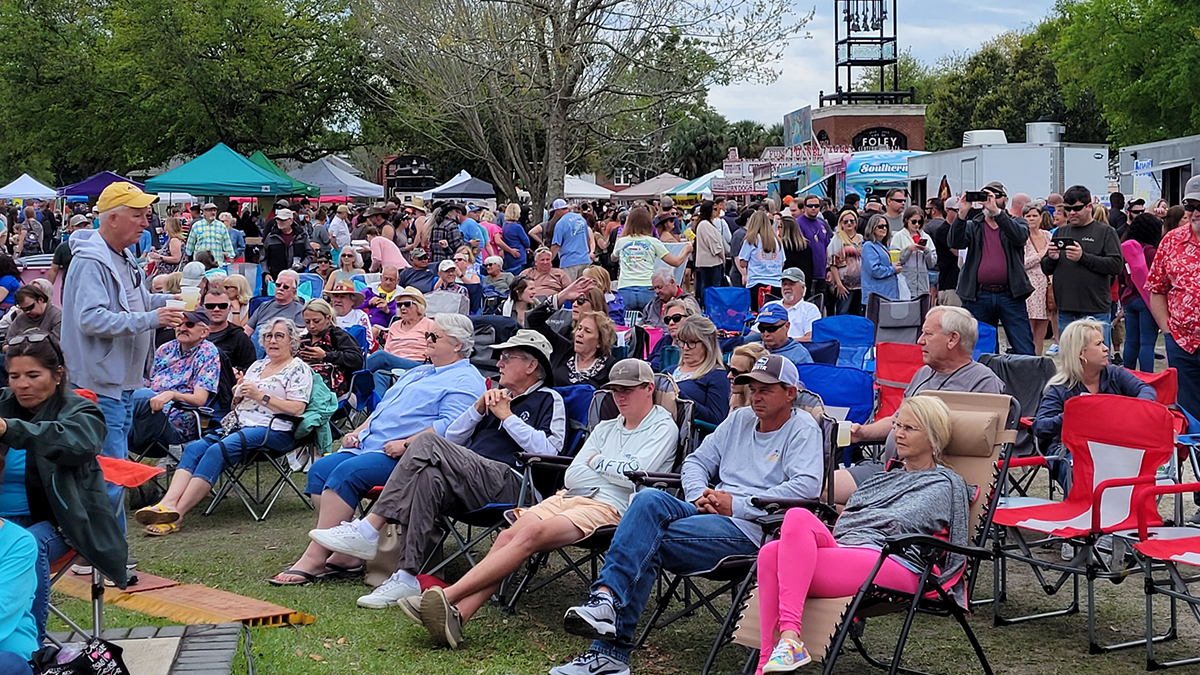Census Day will still take place Wednesday, but door-to-door visits are delayed

Alabama Gov. Kay Ivey stresses the importance of participation in the 2020 census. (Hal Yeager/Governor's Office)
The census will go on, but don’t expect anyone knocking on your door anytime soon.
That’s the word from Kenneth Boswell, director of the Alabama Department of Economic and Community Affairs, the state agency tasked with getting Alabamians to participate in the 2020 census, the every-decade canvass of the country that determines how many people live where.
“I just want to let people know that it’s important to self-respond,” Boswell said. “It has never been easier for people to take the census.”
That’s always been the case with the 2020 census – the first U.S. census that people can fill out online – but a few things have changed in recent weeks because of the COVID-19 pandemic. Namely, the census is relying more on social media messaging and people taking the census online or by phone rather than in person.
That will become more evident on Wednesday, April 1, which is Census Day nationally. Originally a day planned with some group gatherings and outdoor events to get the public excited about taking the census, it will still happen, but Census Day, like much of the rest of everyday life, will change.
“We’ll take a different direction, taking it from the standpoint of beefing up our messaging through social media,” Boswell said. “We’ll meet people where they are right now, which is mostly at home.”
Already, thousands of Alabamians have received the census in the mail, and the self-reporting phase – whether it’s been by mail, online (at my2020census.gov) or by phone (844-330-2020, 6 a.m.-1 a.m.) – has been going well, Boswell said. But he doesn’t want people to get complacent, because the census numbers are so important.
Though specific information collected in the census is not made public for 72 years, the general numbers collected in the effort nationwide determine the number of Congressional districts for each state.
“In Washington, D.C., the bigger voice you have, the better off you are,” Boswell said. “We need to be mindful that the census helps us get our fair share of any dollars coming out of D.C. … In doing that, it secures our future from a standpoint of funding for our health care, infrastructure and education.”
After the self-reporting phase of the census, workers will go door to door in neighborhoods to get as many people as possible to fill it out. That was supposed to start on April 1, but because of social distancing recommendations, it has been delayed, Boswell said.
“We certainly want to avoid any spread of the virus to people and to census workers themselves,” he said. “Right now, that’s pretty much all that’s changing, but there may be more obstacles that present themselves as we get deeper into this.”
Boswell is urging Alabamians to fill out the census at home, through one of the three methods.
“Definitely take heed of the social distancing and precautions being made because of the virus, but also take advantage by filling this census out and being part of a movement that will actually shape our state for a decade.”
Estimates are that the state receives $1,600 a year for every man, woman and child counted in the census. And it only takes about six minutes to fill out, Boswell said.
“It cannot be any simpler today than it has ever been,” he said.





